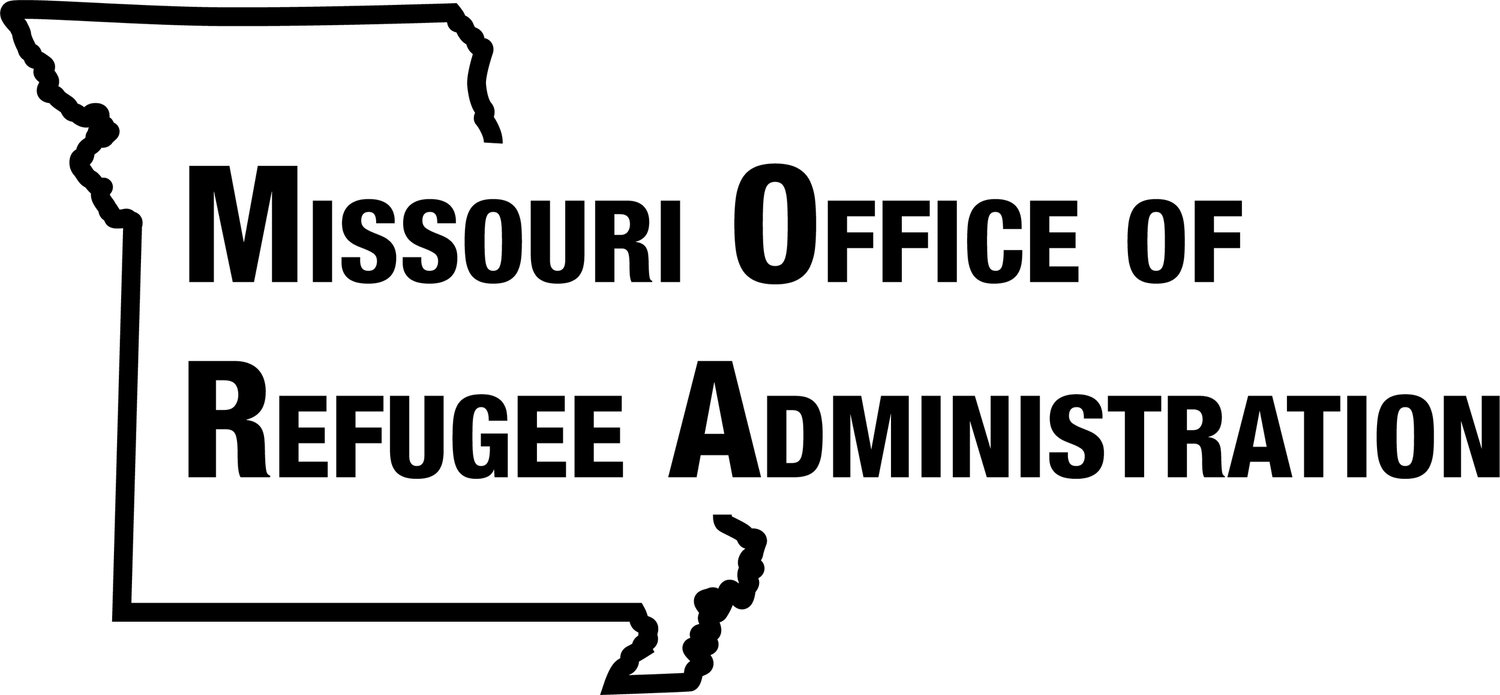
Cultural Competency
· For Service Providers ·
CORE Technical Assistance Request Form: The Cultural Orientation Resource Exchange (CORE) has relaunched their technical assistance request form for service providers looking for specialized training on a variety of cultural orientation related topics.
Cultural Validation and Translation Review Toolkit: Developing Culturally Responsive and Linguistically Accurate Materials in the U.S.: This toolkit is designed to help service providers and organizations better understand the principles and practices of Cultural Validation and Translation Review. It also includes templates, tips, and case studies to aid providers who are new to the Cultural Validation and Translation Review process.
3 Tools to Update Your Cultural Orientation Sessions: Failure to plan for a Cultural Orientation session can result in a disorganized and disengaging session. CORE’s tools and resources ensure effective sessions that increase participants’ ability to retain key messages and information. Check out their top resources:
Find translated glossaries on the Working with Interpreters page.
Review the Activity Bank with easy-to-replicate activities, like how to address changing family dynamics.
Access best practices and essential tips on digital inclusion for refugees on the Teaching Remotely page.
Coping With Hate: Resources To Counter Islamophobia and Antisemitism: In response to requests from the resettlement network, Switchboard developed this resource list to enhance service providers’ knowledge of the key topics related to coping with hate, including cultural awareness; racism, hate crimes, and discrimination; islamophobia; and antisemitism.
Applying Cultural Humility, Awareness, and Competency in Refugee Resettlement
To learn more about personal and social identities, take CORE’s self-paced course on navigating identity and inclusion in refugee resettlement. (search by keyword to find and register for course)
To learn more about cultural humility, awareness, and competency, check CORE’s how to guide.
To learn more about cultural exchange activities, check CORE’s resources for community partners and sponsors.
To learn how to implement those concepts in your work and build your office’s cultural competency, reach out to CORE by filling out this form.
Cultural Backgrounder: The Ukrainian Crisis & Refugees from Ukraine is a concise document that provides basic information on Ukrainian culture, language, gender roles, religion, education, health, and so on.
Cultural Validation and Translation Toolkit: This toolkit from the International Rescue Committee (IRC) is designed to help agencies create a Cultural Validation and Translation Review process to ensure linguistic accuracy and cultural competence in messaging and services. Click here to access.
CORE recently released a Congolese Backgrounder. This backgrounder provides an overview of the history of the Democratic Republic of Congo, Congolese culture, and tips for working with Congolese when delivering Cultural Orientation.
How to Apply Cultural Humility in Cultural Orientation: What’s the difference between Cultural Humility, Cultural Awareness, and Cultural Competency? What assumptions might you make if a newly arrived refugee explains they do not want to work? CORE answers these questions and provides guidance in their new resource.
Who are Refugees and How Do They Arrive in the United States?: Switchboard created a toolkit designed as an onboarding resource for staff new to the field of refugee resettlement. It includes a video, reflection activity, a quiz, a glossary of terms, additional recommended resources, and more.
Cultural Orientation Resources for Sponsors and Community Partners: Receiving communities play an important role in delivering key Cultural Orientation messages. CORE has a new Resources for Community Partners and Sponsors page, including introductory information about sponsorship, refugee populations, and resources. This page also has Destination Guides created by the Department of Homeland Security. These guides list mosques, halal grocery stores, social services, and programming in local communities.
Navigating Identity and Inclusion in Refugee Resettlement: In this course, you will explore concepts of identity, intersectionality, and inclusivity, with a focus on their relevance to refugees’ lived experiences. Through stories and reflective exercises, you will be able to define these terms, as well as identify strategies and take action to deliver inclusive Cultural Orientation (CO) and apply these concepts to other early resettlement services. To complete this course, you must complete two prerequisite courses: Cultural Orientation Defined and The Refugee Resettlement Journey.
Toolkit: Clinicians' Corner: With this toolkit, clinicians can learn techniques for offering care with cultural humility, access tools and reference guides for delivering clinical care, and engage with NRC-RIM fact sheets, conversation guides and toolkits for patient education. Learn more.
Migration Policy Institute (MPI) published the latest version of its popular resource Frequently Requested Statistics on Immigrants and Immigration in the United States.
